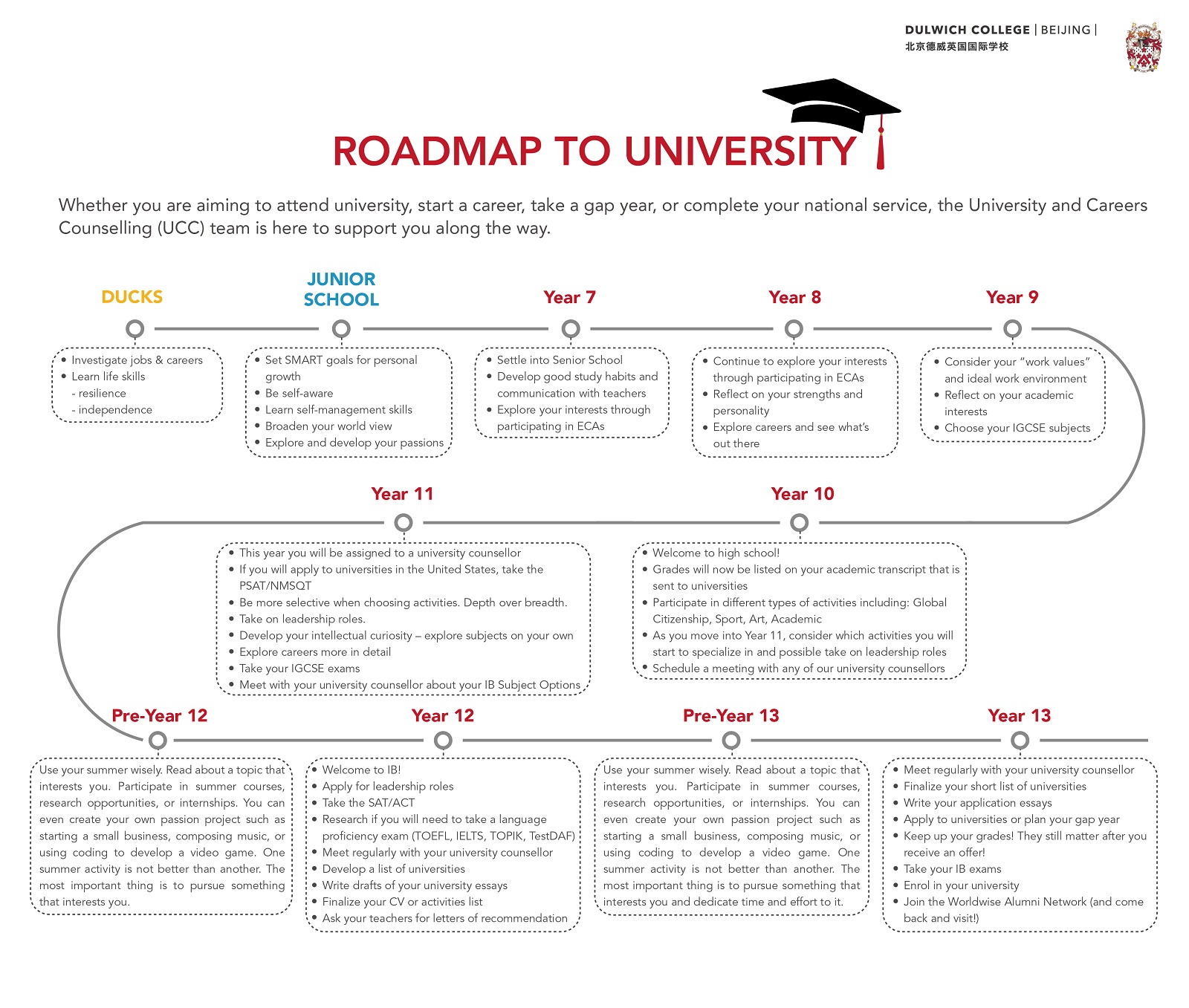Chemistry at DCB: From Periodic Table to Real-World Labs

Chemistry is everywhere. It explains the colours of a sunset, the scent of fresh rain, and even the reactions that power life itself. Also known as the "Central Science," chemistry bridges the gap between biology and physics, forming the foundation of our scientific understanding.
At Dulwich College Beijing, we equip students with the tools to explore this dynamic subject, offering a curriculum that evolves from fundamental concepts to advanced scientific inquiry.
Essential Foundations of Chemistry at DCB
Our exploration of the molecular world begins in Key Stage 3 (KS3, or Years 7-9), where students follow a modified English National Curriculum and study a newly revamped KS3 Science syllabus through three primary branches of Science: Physics, Biology, and Chemistry. Here, they develop a solid grasp of core concepts before progressing to Key Stage 4 (Years 10-11), where chemistry becomes a dedicated subject in the rigorous two-year IGCSE programme. For those eager to deepen their chemical understanding, our Key Stage 5 (Years 12-13) options include the International Baccalaureate (IB) Diploma Programme and A Levels.
At DCB, we believe true understanding comes from experience. Our chemistry programme extends beyond theoretical study, immersing students in engaging, hands-on learning that nurtures curiosity, critical thinking, and real-world problem-solving.
Bonding with Knowledge
Our curriculum is designed to foster curiosity and practical exploration. Students don't just learn theories; they explore them. Through experimental learning, they gain experience in:
- Accuracy, precision, and reproducibility.
- The use of appropriate techniques, apparatus, and materials in laboratory settings.
- Safety in the Lab: Health and safety standards to ensure responsible scientific practice.
- Data Interpretation: The application of mathematical concepts to analyse and present data effectively.
Through these experiences, students refine their analytical thinking, problem-solving, and research skills, preparing them for further scientific study and careers in STEM fields. They start off with in Key Stage 3 with an introduction to simple reactions such as neutralisation (acid and base), learning about the reactivities of different metals and why they are different. Students also learn how to balance chemical equations, the world of the Periodic Table, and the difference between metals and non-metals.
Year 9 and Key Stage 4: Setting the Stage for a Chemical Reaction
In Year 9, students begin their IGCSE Science journey by mastering essential laboratory skills and subject knowledge, building on the knowledge gained in Key Stage 3 and allowing students to choose the option that best fits their interests and future aspirations and goals once they move into Key Stage 4.
In IGCSE Science, students choose one of two pathways:
- Triple Award Science is a more intensive programme for students aiming to study two science subjects at IB Higher Level. It covers the same curriculum as Double Science but in greater depth, with an additional three hours of science per week. Students earn three IGCSE certificates (Chemistry, Biology, and Physics), gaining an in-depth understanding of all three disciplines.
- Double Award Science is a well-rounded curriculum with a strong practical focus, designed for students who wish to pursue any science subject at IB (Standard or Higher Level). This pathway balances theoretical understanding with hands-on experimentation. The final grade is determined by combining the scores from all three subjects, and students receive two IGCSE certificates
At the end of Year 11, students' learning is assessed in exams administered by Pearson EdExcel, a globally recognised awarding body. Topics learned include:
- Physical chemistry
- Inorganic chemistry
- Quantitative chemistry
- Principles of chemistry
And major topics covered include energy changes, stoichiometry, redox, electrolysis, and equilibrium. Regardless of the chosen pathway, students develop a strong foundation in chemistry with assessments that include assignments, practical projects, and examinations.
Chemistry Beyond IGCSE: IB and A Levels
In Key Stage 5 (Years 12-13), students can opt for either the IB Diploma Programme or, beginning next academic year, the A Levels.
IB Chemistry is an in-depth course designed for students who want to gain a deeper understanding of chemical principles. Students have the option to take the Higher Level or the Standard Level, depending on their interests and goals. And while both levels explore the same core topics, HL students study concepts in greater depth and undertake additional extension material. This distinction ensures that students are appropriately challenged while developing a strong analytical and investigative mindset.
The curriculum includes topics such as:
- Quantitative Chemistry
- Atomic Structure
- Bonding and Structure
- Energetics
- Kinetics
- Equilibrium
- Acids and Bases
- Redox Processes
- Organic Chemistry
- Measurement and Analysis
The IB Chemistry course aligns with the IB mission statement, encouraging students to consider the ethical implications of scientific knowledge. It fosters a global perspective on how chemistry can drive progress, promote sustainability, and address challenges in medicine, engineering, and environmental science.
A Levels covers a wide range of topics in depth and are advanced, requiring a strong foundation from the IGCSE. What makes A Levels Chemistry stand out is its topics, which include
- Energy changes,
- Stoichiometry,
- Redox,
- Electrolysis,
- Equilibrium and
- Organic chemistry.
The topics and skills students learn from their A Levels chemistry prepare them very well for further study in chemistry or a chemistry-related major. As our Head of Chemistry, Bob Stanley, shared, “It is not uncommon for students with AL chemistry to be granted credits for their 1st year chemistry courses in the US (General Chemistry 1 and 2), which are requirements for science and engineering-related degrees in North America. Thus, these students who take AL Chemistry have a head-start to their higher learning journey, saving both time and money to get their degrees.”
He also added that Organic chemistry is a challenging university course, but that the A Levels Chemistry course contents consist of 40% Organic Chemistry. “This helps prepare students well in facing the challenge in the university,” he added. “Many of my former students find themselves a lot better prepared because organic chemistry is often a required course in the university for Chemistry, Biology, Pharmaceutical, and medicine-related degrees. This is particularly evident in North America where AP chemistry in high school covers virtually nothing on organic chemistry. I think this is one of the best value-added components of A Levels Chemistry when compared to the IBDP chemistry, let alone AP chemistry. A lot of my former students frequently shared how their proficiency in organic chemistry allowed them to pursue other courses or activities they were interested in because they do not need to spend as much time studying for organic chemistry, unlike many of their peers.”
The Bigger Picture: Why Study Chemistry?
Chemistry is more than a subject—it's a way of thinking about and understanding the world. Whether students are drawn to medical research, environmental science, engineering, or innovative technology, the skills developed through chemistry at DCB prepare them for success. With a curriculum that balances theory, experimentation, and real-world applications, we empower students to explore the endless possibilities of science and make meaningful contributions to the world.

This article is part of a three-part series on how we learn science in Senior School here at DCB.
Also read:








